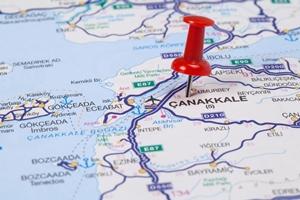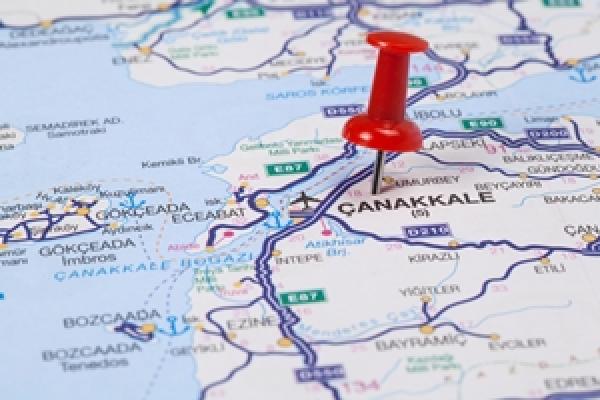
Steamship Mutual
Published: October 01, 2015

As many know well, the Directorate General of Coastal Safety (DGCS) are responsible for the provision of salvage services in the Turkish Straits. The Turkish Straits extend from roughly, the Straits of Canakkale in the West, through the Sea of Marmara to the Istanbul Straits in the East. This is a zone of significant shipping activity with approximately 50,000 ships a year transiting the Istanbul Straits alone.
The DGCS have monopoly rights on the provision of salvage services in this region. This means that no other salvor will be able to work in this region without the permission of the DGCS. They operate their own tugs and usually work independently.
Traditionally, the DGCS asked the ship to sign a Turkish salvage contract to formalise the salvage claim. Their preferred contract, until this year, was the Turkish Open Form (TOF) which was similar in some respects to the Lloyd’s Open Form (LOF) – the world’s most widely used salvage contract. In the absence of an agreement between the parties as to the size of the salvors’ reward, the matter is referred to Turkish arbitrators for a decision. However, TOF contained three other clauses which do not appear in LOF, which made it unattractive to shipowners. These clauses were as follows:
- A clause which obliged the shipowners to provide security on behalf of all salved property, rather than just the shipowners’ property. In other words, shipowners had to post security on behalf of cargo and bunkers even if they didn’t belong to them.
- If a settlement could not be reached with the salvors, and the matter proceeded to arbitration, then the arbitrators fees would be based on the level of the award. In other words, the higher the award, the higher the arbitrators fees – not a very re-assuring prospect for shipowners!
- The TOF granted an exclusive right to the salvors to commence arbitration. Shipowners, although a party to the contract, did not have that option. Salvors were able to use this clause as a pressure point on shipowners to settle cases when shipowners had, as per point 1 above, put up security to the salvors on behalf of all the salved property. This was always in the form of a bank guarantee from a Turkish bank which incurred fees for the shipowners in both setting it up and maintaining it. The fact that the shipowners could do nothing to minimise their accruing losses under the bank guarantee by starting an arbitration (in an attempt to bring the process to an end) meant that the salvors were in a strong negotiating position, and were able to pressurize shipowners into agreeing unfavourable settlements.
It was this last provision that the Turkish courts found to be unacceptable when they recently reviewed TOF and ordered it to be amended. This in turn, led to the demise of TOF and the birth of its replacement, Turks 2015 (the son of TOF). Unfortunately the other two unfavourable clauses survived the review. The provision requiring shipowners to provide security on behalf of all salved property and the provision which awards the arbitrator fees based on the size of the award, are alive and well in Turks 2015; making this Turkish salvage contract only marginally more user friendly for shipowners than its predecessor.
In closing, it is sometimes possible, depending on the factual circumstances of the case, to avoid agreeing the Turks 2015 form with the DGCS at the time the services are provided. In an emergency for example, it is our experience that services will be provided and after they have been rendered, the DGCS will try and put pressure on the shipowners to agree Turks 2015. If possible, this should be resisted, as this will leave the salvors to pursue their salvage claim through the Turkish courts against the backdrop of the Turkish commercial code rather than by contract through arbitration. The commercial code incorporates the 1989 Salvage Convention and importantly, does not include a provision which requires the shipowners to put up security on behalf of all the salved property.
We are grateful to Victor Fenwick of Ince & Co’s Admiralty Business Group for this article.


